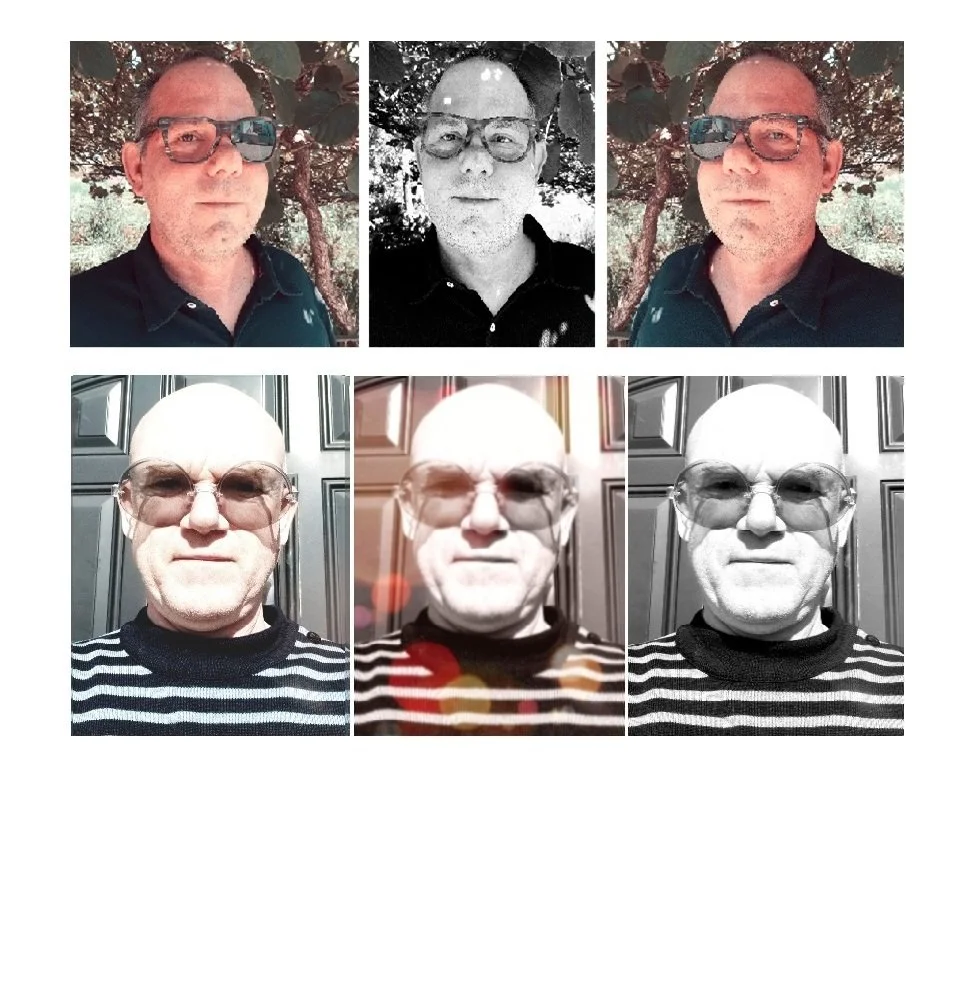Bernd and Frederick co-lead Apiary X, and work with trusted colleagues to get projects through from ideation to success.
Bernd Herbert, MMSc, MESc, MLA
Languages: German, English, Spanish, Italian, French, Portuguese.
Bernd advocates for the role of systemic design in helping organisations evolve their purpose and strategies to support long-term human, economic and ecological flourishing.
He is a seasoned business consultant with over 30 years of experience in global consulting, industry, and startups.
Bernd applies systems thinking, systemic design, strategic foresight, regeneration and business design methodologies to drive value creation and innovative business models. As a certified management consultant and project manager Bernd provides consulting, coaching, and facilitation focused on strategy and transformation.
He is lead of the board of directors at the Flourishing Enterprise Co-Lab and a certified Train-the-Trainer for the Flourishing Business Canvas method, circular business models, and systemic design (EIT Climate-KIC). As core member of the Flourishing Enterprise Institute, he co-creates business design, governance and strategies for the Enterprise Evolution program.
He leads the Systems Innovation Hub Portugal and is a core member of SI Organizations Hub, Catalyst Now Spain & Portugal, actively engaging in these networks as a speaker and educator. He gives key talks on “Systemic Design for Strategy and Future-Fit Organisations” at ISEG, Lisbon, and RSD13.
Bernd’s research includes contributions to systemic management innovations, such as, regenerative business, which led to a notable article for the UK Design Council. He is also involved with the Systemic Design Association (RSD) as a speaker and programme committee member.
Frederick Peters, PhD, MES-Planning
Languages: English, German, French and some Spanish
Frederick Peters’ focus is on the future challenges of social infrastructure and community capacity building. He holds a Ph.D. in Political Science, and MES (Planning) Degree, and writes on urban hard and soft infrastructure building and maintenance in the 21st century, in Europe and Canada.
He acts as co-lead for a flexible team of experts in urban planning, architecture, the legal and regulatory framework of city-building in different jurisdictional contexts, as well as GIS and graphic communication tools. Each project needs the best, most agile team, and it is Frederick’s job to help bring them together.
Frederick thinks laterally and thrives on collaborations across boundaries, with a lifelong focus on human as well as ecological health. His interest and skills are in driving and managing projects aimed at planning, research and communication to foster open and constructive dialogue about how to solve and improve social and environmental infrastructure to build better communities.
Partners
M-ReGen (Myengun Den ReGeneration)
Led by Michael Myengun Amos, M-ReGen contributes over a decade of experience in Indigenous housing advocacy and youth engagement. With deep ties to Toronto institutions such as the Native Canadian Centre of Toronto (NCCT), Michael ensures the project is grounded in community trust, cultural safety, and lived experience.
Brown and Storey Architects Inc.
A prestigious Toronto architecture and urban design firm, Brown and Storey, have shaped many of the city’s most high-profile civic and cultural projects — from public realm transformations to innovative urban design frameworks. Through the Office for Responsive Environments (ORE), their work explores architecture, landscape, planning, and Indigenous planning in ways that reconnect built form with social and ecological systems. Their expertise in housing forms, courtyards, and resilient urban design provides the architectural and planning backbone of the consortium.
Stack Aspect / Ian Penney
As Lead Technologist, Ian contributes over 25 years of IT and security leadership experience. His role focuses on building digital infrastructure for collaboration, data analysis, and community engagement — from web presence to mapping tools, dashboards, and evaluation frameworks that make the consortium’s work transparent, scalable, and funder-ready.

